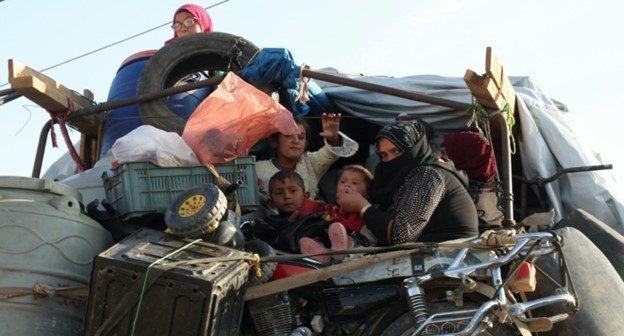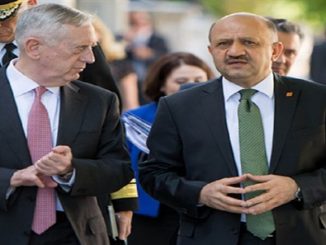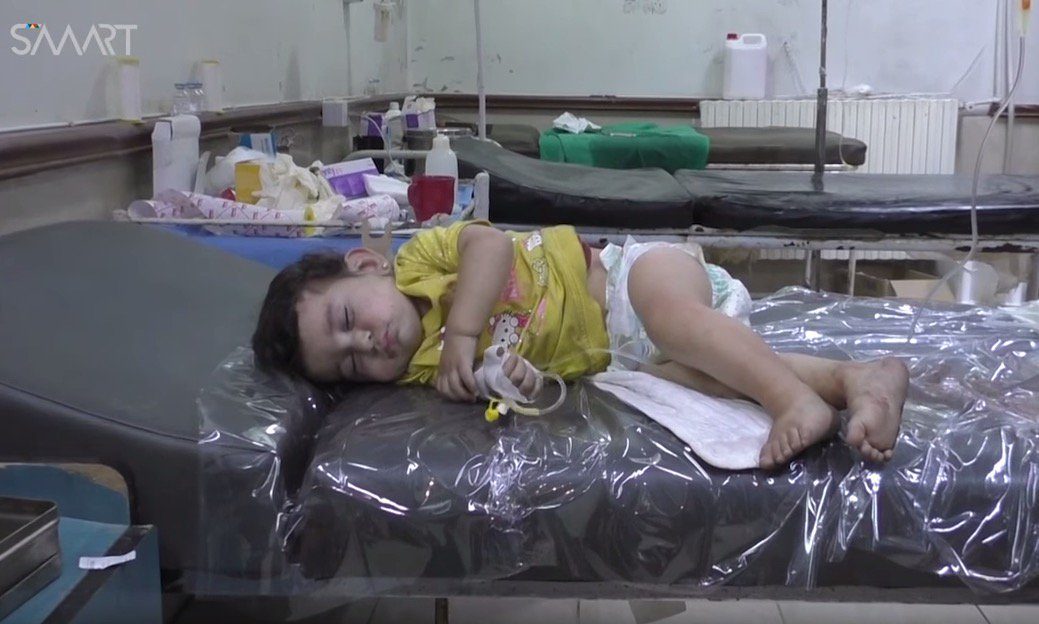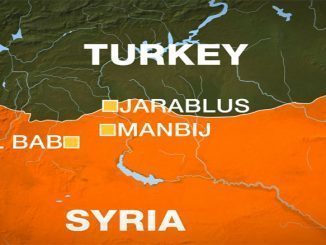
Lebanon buses refugees back to Syria as repatriation plan continued. However, some refugees were reportedly ‘shocked’ to be notified at the border that they cannot cross because their names had not been cleared by Syria
A batch of Syrian refugees began leaving Lebanon this morning, Wednesday, on their way to Syria, as part of organized trips undertaken by the Lebanese police in coordination with Damascus, which are criticized by human rights organizations, reported Al-Jazeera.
Since the early morning hours in the Arsal region in eastern Lebanon, buses and vans gathered, some carrying Lebanese and Syrian registration plates, before they started gradually to move towards Syrian territory. Refugees carried with them their necessities, including personal belongings, and even poultry and animals, according to a French press photographer.
Several buses transported Syrian refugee families to Syria from different areas in Lebanon on Wednesday, as part of a government repatriation scheme revived earlier this month, local media reported.
Caretaker Minister of the Displaced Issam Charafeddine said last week that 6,000 Syrian refugees would be repatriated on a voluntary basis under a revived programme run by the General Security agency.
The repatriation process was however thrown into chaos on Wednesday when a number of refugees who were initially cleared to leave the country were told at the border crossings that they could not cross, according to Rana Ramadan, a legal coordinator at the Lebanese Ministry of the Displaced.
“Many were shocked to find their names were from the lists drawn by the Lebanese General Security because they have not been cleared by the Syrian side,” Ramadan said according to MEE.
Convoys from Nabatieh, Tripoli, and Arsal, in Lebanon’s Bekaa Valley, carried around 750 refugees to border crossings in the early morning, despite concerns from rights groups that the policy may have involved elements of coercion.
Repatriations were taking place through the Masnaa border crossing on the Lebanese-Syrian border in the eastern Bekaa Valley and at the al-Aboudiyeh border crossing in north Lebanon.
Ramadan said that some of the refugees on the lists were either still wanted for military service in Syria or for minor legal issues, adding that the Lebanese General Security had not received the necessary clearance in time for the repatriation on Wednesday.
“This situation created discontent amongst many of those wanting to leave,” she said.
“Some men had to send their families and delay their departure after resolving the legal status, but this should have been resolved by the Lebanese general security beforehand.”
Mahmoud, one of the Syrian refugees who were held back, told MEE that he had no choice but to send his family alone and stay in Lebanon.
“I had to send my family and stay behind as I have packed all of our belongings and cleared the house we were residing in because I thought I will not be coming back,” Mahmoud said.
“I don’t have a place to stay anymore.”
Mahmoud said he was told by General Security that he and his family were cleared to go, only for him to be surprised at the border that there are unresolved legal issues surrounding his name.
“I have been displaced for over 10 years, at least my family will go back. I hope I wouldn’t have to wait another 10 years to go back,” Mahmoud said.
Amnesty International had warned that returning refugees may not have accurate or complete information on the level of risk in their hometowns, meaning the returns may not be “free and informed.”
“In enthusiastically facilitating these returns, the Lebanese authorities are knowingly putting Syrian refugees at risk of suffering from heinous abuse and persecution upon their return to Syria,” Amnesty said in a statement earlier this month.
Social affairs minister Hector Hajjar, who was overseeing the repatriation process on the ground, denied accusations that the Lebanese state is forcing Syrians out of the country and putting them in danger.
“It is enough to see the conditions in which the refugees are leaving Lebanon, taking all their belongings, including furniture, with them,” Hajjar told MEE.
“It is enough to speak to them to understand that they have been waiting for this decision [to be implemented].”
On Tuesday, Lebanon’s General Security chief Abbas Ibrahim said in a press conference that Lebanon had opened 17 public security centres across the country to organise the return of Syrian refugees.
“The return will be voluntary, and we will not force any displaced to return; this is a principle we have established, and we seek to reduce the burden on Lebanon,” he said.
In 2018, the General Security agency launched a mechanism through which any Syrian refugee can communicate their desire to return home. Lebanon would then liaise with Syrian authorities to make sure that the individual was not wanted there.
Abbas said that 540,000 Syrians had “voluntarily returned to their country” since the General Security started implementing the plan.
That policy was put on hold with the outbreak of Covid-19, but outgoing Lebanese President Michel Aoun revived it this month and it resumed on Wednesday.
Lebanon hosts more than 1.5 million Syrian refugees who have fled more than a decade of war back home, marking the world’s highest proportion of refugees per capita in one country.



